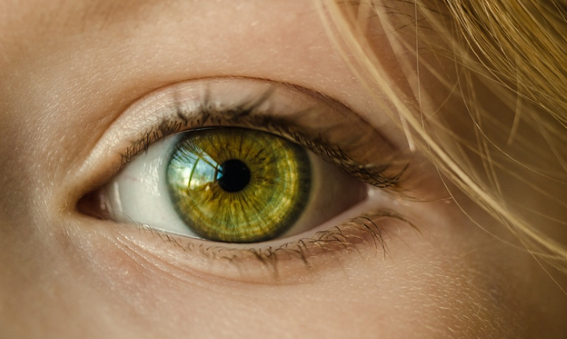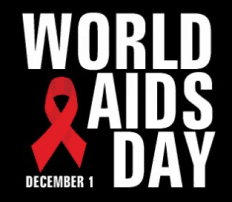How Does Glaucoma Affect Your Eyes?

Glaucoma is a condition that affects the optic nerves. Failure to detect this disorder early on can cause vision problems or even lead to total blindness. Besides eye pain, people with glaucoma may have blurry vision, a lack of side or peripheral vision, and need more light. They may also see halos when they focus their eyes on lights and have trouble differentiating contrasts. The effects may not only be in their eyes, but they may also experience headaches, vomiting, and nausea.
Unfortunately, the symptoms are slow to show, which is why, often, the condition is already worse before it gets diagnosed or treated. The best way to prevent vision problems due to glaucoma is to get a regular eye check-up. Your doctor can detect the disorder and provide treatments to prevent the condition from worsening. SLT laser is a common treatment that uses laser technology to relieve eye pressure.
Understanding this eye condition will also equip you with knowledge, so you will know if you have the symptoms or have a higher risk of glaucoma.
What causes glaucoma?
The common cause of glaucoma is pressure in the optic nerve due to a blockage in the channel where the eye fluid passes, or the eyes produce more fluid than usual. The pressure could damage the nerves, leading to vision problems. However, there are also very few instances where individuals with normal eye pressure have glaucoma. Although less common, this eye condition may develop because of disorders that cause inflammation, clogging of blood vessels in the eyes, chemical or blunt injury to the eyes, and severe infection.
What are the risk factors for glaucoma?
Glaucoma can hit anyone, whether male or female, children or adults. However, some groups have a higher risk of having this condition. So, if you belong to this group, be extra careful in caring for your eyes, and ensure regular eye doctor visits to detect and treat issues before they blow up. Below are the risk factors for glaucoma:
- Age 40 and above
- History of glaucoma in the family
- Hispanic, Asian, and Black heritage
- Taking steroid medications
- Thin cornea
- Health conditions like high blood pressure, migraine, and diabetes
What are the treatments for glaucoma?
Unfortunately, the damages caused by glaucoma are irreversible. However, if diagnosed early, treatments can slow down the symptoms or the vision problem from worsening.
- Intense pulsed light (IPL) addresses the basic cause of dry eye rather than merely its symptoms. Lumenis’ OptiLight for example, is an IPL treatment based on light that targets the symptoms of dry eye disease by using focused, intense broad spectrum light.
- Oral medication. Your doctor may prescribe medicines that you can take orally. Common side effects are upset stomach and frequent urination.
- Eye drops. These drops may lessen the fluid your eyes make or lower the pressure in the eyes. Examples are beta-blockers and prostaglandins.
- Laser surgery is another treatment in which laser is used to drain eye fluid more efficiently. Another is filtering surgery, where an incision in the sclera creates another way for fluid to flow out.




